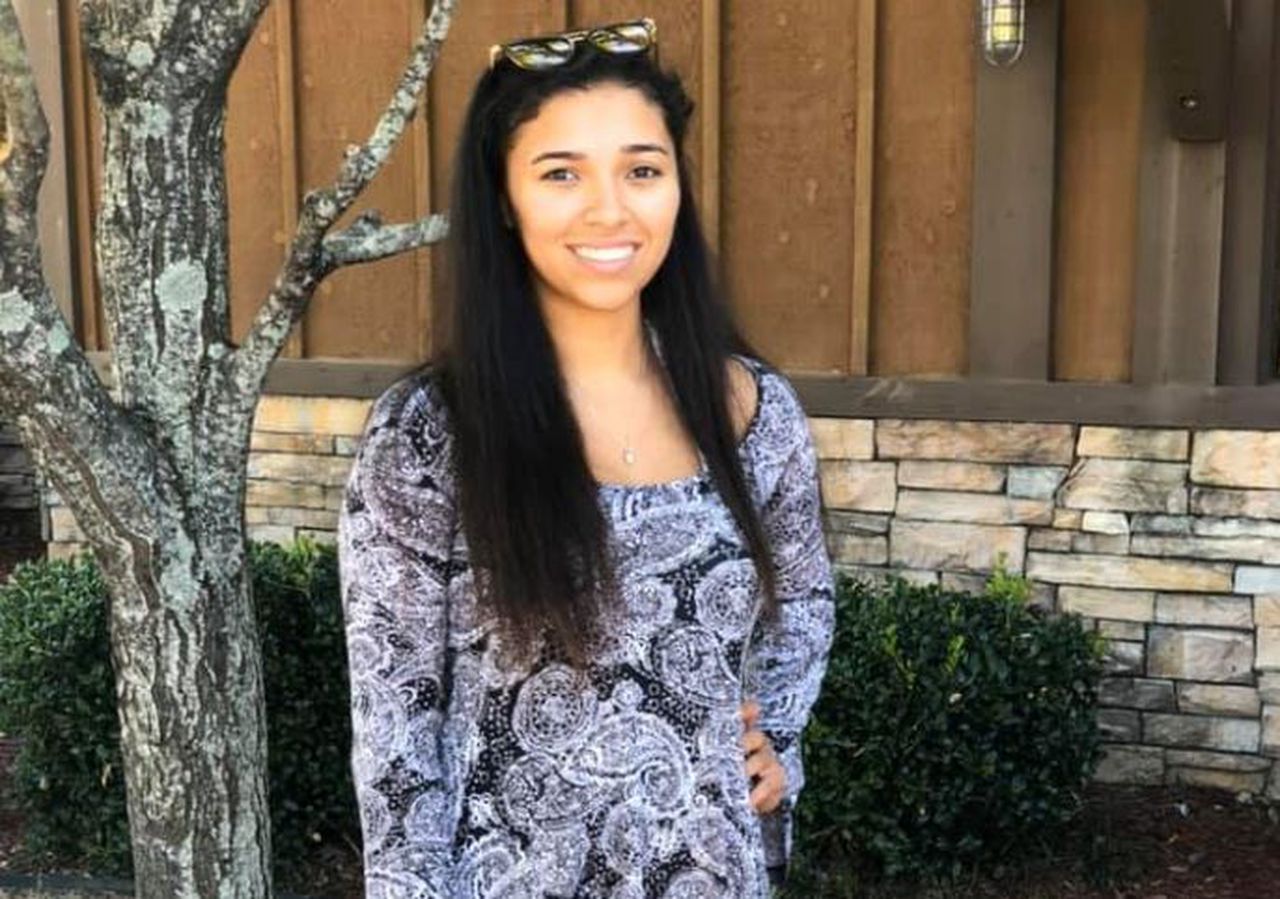Aniahâs Law misused to revoke bond of teen murder suspect, attorney argues
A defense attorney has filed a motion arguing that a court in Covington County improperly used a statute known as Aniah’s Law to revoke the bond of a defendant who had already made bail.
Damien LaShawn Beasley, 19, was charged with murder in 2021 over the death of a girl who was 17-years old at the time. He had made bond on the charge a few months before.
But A. Riley Powell IV, Beasley’s attorney, said that the Covington County court re-indicted him earlier this year and held him under Aniah’s Law, which allows judges to deny bail to individuals facing charges of violent crimes.
“Can a district attorney do this?” Powell said in an interview. “I would think the obvious answer is no, you can’t do that, because what would stop a district attorney from going back and reindicting every single person that he has on cases?”
Powell filed a writ of mandamus with the Alabama Court of Criminal Appeals on May 9 challenging the decision. As of Wednesday, the court had not ruled on the motion.
Covington County District Attorney Walt Merrell III declined comment, citing ongoing litigation. According to a transcript of an April 12 hearing included with Powell’s motion, a member of the D.A.’s office said at the hearing that “it was two different grand juries that heard the evidence and came back with two different indictments.”
Aniah’s Law is a constitutional amendment that the Legislature passed in 2021 and which state voters approved last November. Prior to passage, judges could only deny bond to individuals charged with capital murder. Aniah’s Law expanded that to include those charged with violent crimes including kidnapping, first-degree rape, sodomy, arson, robbery, domestic violence and aggravated child abuse.
The law was named for Aniah Blanchard, a Southern Union Community College student who went missing in late 2019 from a convenience store. Her body was found a month later. Ibrahim Yazeed, indicted on capital murder charges in Blanchard’s death, was out on bond on several violent crime charges, including kidnapping, at the time of Blanchard’s death.
“What was happening is that you had these individuals who were charged with violent felonies that prosecutors, police, judges, knew they had a propensity to commit more violent crime if they were back on the street, but their hands were tied by the constitution,” said Rep. Chip Brown, R-Hollinger’s Island, who sponsored the bill. “They were asking for help.”
Beasley is charged in the shooting death of Laila Watson in Andalusia in April 2021. According to Powell’s filing, a group of four people, including Watson and Beasley, were playing with a rusty shotgun when the gun went off, killing Watson. The boys allegedly dragged Watson’s body to the woods and buried it in leaves and branches.
Beasley was arrested after police interviewed the boys. Bond was set at $1 million; Beasley’s family posted $100,000, and he was released. A grand jury formally indicted Beasley on a murder charge that October.
According to Powell, Beasley was re-indicted in February, arrested in April and imprisoned after a bond hearing. According to the filing, the new indictment made “a minor deviation in the language of the indictment,” which the filing said appeared to change the charge from “reckless murder” to “intentional murder.”
“There was no reason for the prosecutor to reindict him,” Powell said. “They could have easily amended the charge without reindicting. The only reason they did that was to try and include the new Aniah’s Law to hold him without bond.”
Powell accuses prosecutors of “being very clear that their intent was to hold Beasley without bond pursuant to the guidance of the new Aniah’s Law, notwithstanding that the crime for which Beasley was charged occurred more than 19 months before Aniah’s Law was even enacted.”
“The clear and obvious purpose of the ‘re-indictment’ was to utilize the new Aniah’s Law to hold Beasley without bail until his trial,” the filing says.
The filing also notes that Aniah’s Law does not have an retroactive application.
Powell wants the court to review whether the law violates the Eighth Amendment protecting individuals from excessive bail and fines, as well as cruel and unusual punishment, making it unlawful to apply it to his client.
“My client has been the only one who has been reindicted,” Powell said. “It is because of the nature of the case and the high publicity of the case.”
Brown said the drafters of Aniah’s Law had the Bill of Rights in mind.
“When we crafted the legislation, we were very careful though that we took into account the Eighth Amendment that says you can’t have unreasonable bond, that everyone has a right to bond,” Brown said. “We took that into consideration, and that is why we didn’t do a blanket approach where if you commit a violent crime, you are immediately held without bond.”
Brown declined to comment on whether Beasley was an instance of how he wanted the law applied, only saying that he “didn’t have the specifics of the case to make a decision.”
The law leaves much of the discretion to the courts and the prosecutors. District attorneys have the authority to invoke provisions of Aniah’s Law to convene a hearing determining whether a person should be denied bond for violent Class A offenses such as rape and murder.
The judge could still deny the hearing and grant bond, but prosecutors will present their case and defendants may offer evidence and testimony to rebut the prosecution’s claims. The judge will then decide whether to provide bond in the case.
Powell said he is attempting to have bail reinstated and probing just how far the law extends.
“This is what we could call a ‘case of first impression,’ meaning it has never been appealed to the appellate courts in Alabama because it is too new,” Powell said. “And there needs to be some interpretation.”
